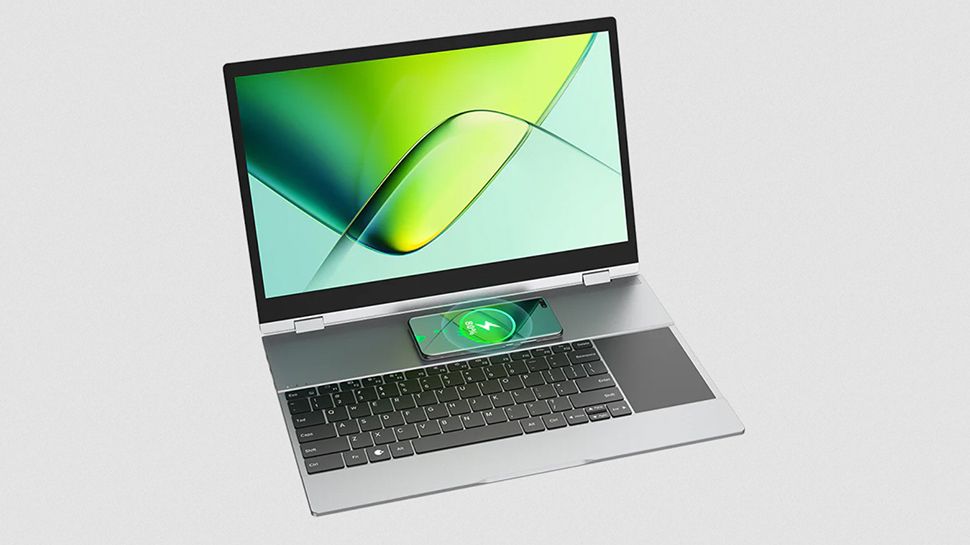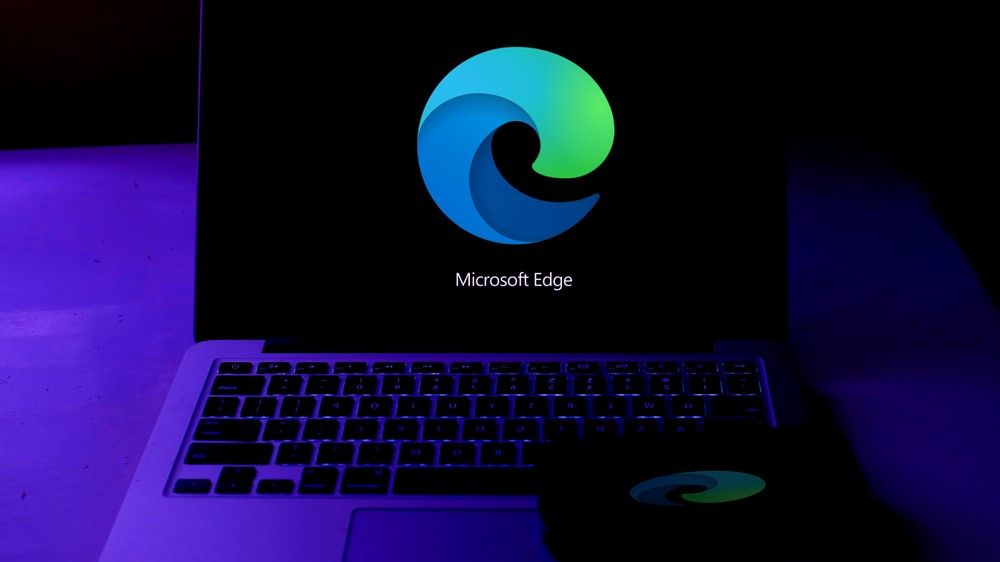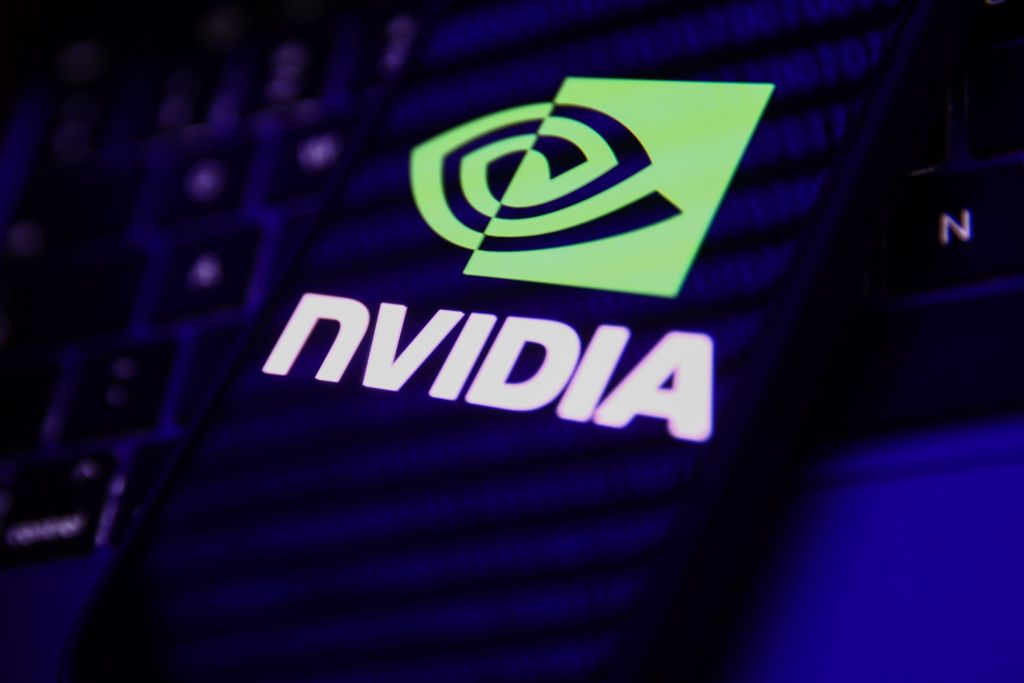Spending on digital transformation will grow from 9% of business revenue to 11% by 2030; with AI and mobile connectivity the main areas of investment
November 25, 2024, London: A new report from GSMA Intelligence (GSMAi) shows that companies are focusing more on improving cybersecurity and increasing revenue rather than reducing costs, as they accelerate their digital transformation. The investigation “The rise of digital industries: navigating business needs, investments and supplier decisions” reveals that 60% of companies prioritize revenue growth, customer experience and competitive positioning over cost-related objectives for their digital transformation.
Investment in digital technologies is projected to increase substantially over the next six years to meet business needs, with organizations surveyed planning to allocate 9% of business revenue during 2024-2026, rising to 11% during 2027-2030.
Focus on 5G and AI
85% of companies consider 5G networks and connectivity important, and almost half consider them extremely important to the success of their digital transformation. Companies plan to spend 21% of their digital transformation budgets on connectivity and associated devices, 13% on mobile devices (including 5G) and 8% on fixed networks and Wi-Fi. Improved security (57%) and connectivity (52%) are the main 5G features they value most and investment in 5G between 2024 and 2030 is projected to be 2.5 times greater than in 4G, especially in high-risk sectors. mobility such as automotive, tTransportation, logistics and storage..
AI is also an important factor, accounting for 14% of enterprise technology spending and is deployed to improve customer experiences, strengthen security protocols, and increase productivity among employees. Generative AI has rapidly gained importance in companies' digital strategy: 90% of them incorporate it, but only 33% use it in an advanced way, indicating potential for further development.
IoT adoption is progressing and businesses are transitioning to more advanced use of IoT technology, including increased use of 5G. Additionally, enterprises are showing great interest in using eSIM for their IoT deployments due to its scalability and enhanced security features. The companies expect eSIM to account for 42% of the total cellular IoT market by 2030.
The company wants complete suppliers
As companies accelerate their digital transformation processes, they are choosing to work with a wide range of vendors to meet their technology needs. Research shows a preference for generalist providers, such as hyperscalers and telecom equipment/network providers, that offer almost complete solutions.
Pablo Iacopino, Head of Research at GSMAi, said: “Companies of all sizes are eager to advance their digital transformation and are making the necessary investments. As a result, competition between suppliers is fierce. Telcos must go beyond simply providing network services, as companies increasingly look for partners who can help them throughout their digital transformation process, combining technologies such as 5G, AI, IoT and cloud to improve efficiency , security and boost revenue. He The cost of implementation and the complexity of technology integration are the two main implementation challenges that companies face. This means that the role of the technology orchestrator will become even more important and in-demand in the future, presenting new opportunities for multi-service providers.”
Financial services are leaders in AI; Automotive and mobility drive 5G
The report highlights the vertical sectors driving digital transformation, each with different technology priorities and investments:
- Financial Services: 92% already use generative AI technology and are leading both broader AI adoption (92%) and digital transformation spending (10.4% of revenue).
- Media and entertainment: This sector leads revenue growth as the main objective of digital transformationand 65% cited it as an extremely important goal. Additionally, 91% of media and entertainment companies already use generative AI.
- Utilities and energy: 51% of utilities and energy companies are making advanced use of cloud technology, the highest level of all sectors. 37% are prioritizing generative AI for their financial spending through 2026 and allocating 16% of their digital transformation budgets are allocated to AI in the long term.
- Manufacturing and industry: 33% of manufacturing companies identify lack of internal expertise as a key challenge to AI implementation, the highest across all sectors. The manufacturing industry occupies a prominent place in its focus on cybersecurity, with 55% of companies making advanced use of these technologies.
- Transportation, logistics and storage: This sector shows a strong commitment to AI, including working with mobile operators for AI solutions in any form. This sector also stands out for its focus on IoT, with 36% of companies making advanced use of IoT technologies.
- Health care: Healthcare companies allocate 14% of their digital transformation budgets to AI, and 41% of companies cite cybersecurity as one of their top five areas of financial spending in the coming years.
- Automotive and mobility: this sector leads in terms of its focus on 5G, with 54% of companies rating 5G as extremely important for digital transformation.
- Retail: 63% of retailers prioritize revenue growth as an extremely important digital transformation goal. They are also rapidly adopting generative AI, with 87% using the technology and 34% using it in an advanced way.
- Public sector: The public sector is investing heavily in digital transformation, allocating 10.1% of its income to these initiatives.
- Agriculture, forestry and fishing: This sector shows the lowest overall score in digital transformation, leaving potential for improvement in areas such as IoT, AI and 5G.
To explore all of the findings and insights from the Global Digital Transformation Survey 2024, you can find full access to the report and dashboard here.
In addition, there will be a GSMAi webinar on December 3 (10:30 am to 11:30 am GMT) where Pablo Iacopino and Christina Patsioura, Principal Analyst, Business and IoT Research at GSMAi, will explore key findings and insights from the survey research, and its implications. Register here.
About GSMA Intelligence
GSMA Intelligence is the definitive source of global mobile operator data, analysis and forecasts, publishing authoritative industry reports and research. Our data covers all operator groups, networks and MVNOs in every country in the world, from Afghanistan to Zimbabwe. It is the most accurate and comprehensive set of industry metrics available, comprising tens of millions of individual data points, updated daily.
Leading operators, providers, regulators, financial institutions and third-party industry players rely on GSMA Intelligence to support strategic decision making and long-term investment planning. The data is used as an industry benchmark and is frequently cited by the media and the industry itself.
Our team of analysts and experts regularly produce innovative research reports on a variety of industry topics.
www.gsmaintelligence.com
About the GSMA
The GSMA is a global organization that unifies the mobile ecosystem to discover, develop and deliver critical innovation for positive business environments and social change. Our vision is to unlock the full power of connectivity so that people, industry and society thrive. Representing mobile operators and organizations across the mobile ecosystem and adjacent industries, the GSMA offers its members three broad pillars: connectivity for good, industry services and solutions, and outreach. This activity includes advancing policy, addressing today's biggest societal challenges, supporting the technology and interoperability that make mobile devices work, and providing the world's largest platform to convene the mobile ecosystem at the MWC and M360 series of events.
We invite you to learn more at gsma.com
Media contacts
GSMA Press Office
[email protected]









